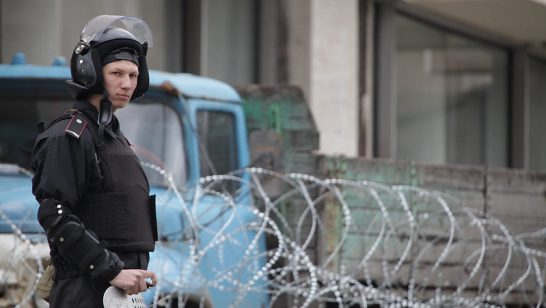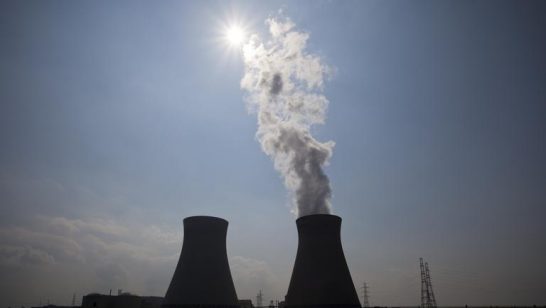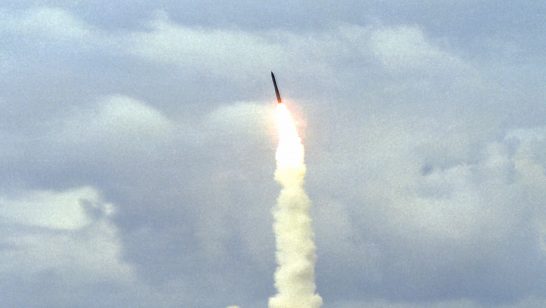
This piece is a republication; the original piece can be found at this link.
We have all seen the extraordinary bravery and spirit with which the people of Ukraine have responded to Putin’s brutal invasion. The results of a survey which, somewhat to my astonishment, a research firm in Kyiv was able to conduct for Lord Ashcroft Polls in the past few days only add to my admiration.
You might think an opinion survey is a rather trivial distraction given the magnitude of events that are unfolding. If so, let me say that our partners in Kyiv were pleased to have the work and – most importantly – the chance to show the world something of what Ukrainians are thinking and feeling as they defend their country. These are the main findings:
Ukrainians want to stay and fight.
Only 11% of Ukrainians agreed “if I could leave Ukraine safely tomorrow for another country I would.” Nearly 7 in 10 (69%) strongly disagreed. Only 1 in 20 (5%) of those aged 65 or over said they would leave if they could.
Indeed, 67% said they would be willing to take up arms to defend the country against Russian troops, with a further 7% saying they were already doing so. 85% of men and 63% of women said they had already taken up arms or were willing to do so.
This is despite 40% saying they felt unsafe during the day – rising to 56% in the east of the country – and 57% at night, rising to 70% in the east.
93% said they were willing to help Ukrainian troops in other ways, such as providing shelter, food or clothing, or were already doing so.
92% said they had a favourable view of President Zelensky, including 66% whose view was very favourable.
Most Ukrainians think sanctions will be effective – but they want more help.
Just over two thirds (68%) said they thought the package of economic sanctions imposed against Russia would be effective in bringing an end to the war.
However, less than a quarter (23%) said they thought NATO was doing enough to help Ukraine, 44% thought the US was doing enough, and 46% thought the EU was doing enough. However, a majority (53%) said they thought the UK was doing enough to help. By sharp contrast, only 8% said the same of China.
60% said they would feel safer if they knew Ukraine had nuclear weapons.
Ukrainians do not expect a long war.
More than half (56%) of Ukrainians said they expected the conflict to be over by the end of March, with a further 14% expecting it to last up to three months. Fewer than one in ten (9%) said they thought it would last longer than six months. Women and younger people were more optimistic about an early end to military action.
Ukrainians want to join NATO – but Crimea is a bigger red line.
Nearly 9 in 10 Ukrainians (86%) said they wanted to see Ukraine join NATO, including two thirds (65%) who felt strongly that this should happen.
Nearly 7 in 10 (69%) said they would be unwilling to accept a ban on Ukrainian membership of NATO in return for a guaranteed immediate end to the war. Almost as many (61%) said NATO scaling back their troops and weapons in countries bordering Russia would also be an unacceptable condition for ending the conflict.
However, even more – nearly 8 in 10 (78%) – said they would be unwilling to accept official recognition of Crimea as part of Russia as the price for ending the war.
No part of Ukraine is part of Russia – but Ukrainians don’t see Russians as the enemy.
98% of Ukrainians – including 82% of those of Russian ethnicity – said they did not believe that any part of Ukraine was rightfully part of Russia.
While 97% had an unfavourable view of President Putin and 94% had an unfavourable view of the Russian military (including only 82% saying “very unfavourable”; 12% generously said their view of Russian forces was only “somewhat unfavourable”), Ukrainians see Russians themselves in a slightly different light.
Only 62% said they had a very unfavourable view of the Russian people, with a further 19% saying it was somewhat unfavourable. 14% they had a somewhat or very favourable view of the Russian people.
Nearly two thirds (65%) agreed that “despite our differences there is more that unites ethnic Russians living in Ukraine and Ukrainians than divides us.” 88% of respondents of Russian ethnicity agreed.
Ukrainians consider their future to be closer to Europe.
Nearly 19 in 20 Ukrainians (93%) said they considered their country’s future to be closer to Europe than to Russia. This included 78% of respondents of Russian ethnicity, and 84% of those in the east of the country closest to the Russian border.
1,040 adults in Ukraine were interviewed by telephone between 1 and 3 March 2022. Results have been weighted to be representative of all adults in Ukraine.
The opinions articulated above represent the views of the signatories and do not necessarily reflect the position of the European Leadership Network or the entirety of its membership. The ELN’s aim is to encourage debates that will help develop Europe’s capacity to address the pressing foreign, defence, and security policy challenges of our time.
Image: Vadim Kovalev, Wikimedia



